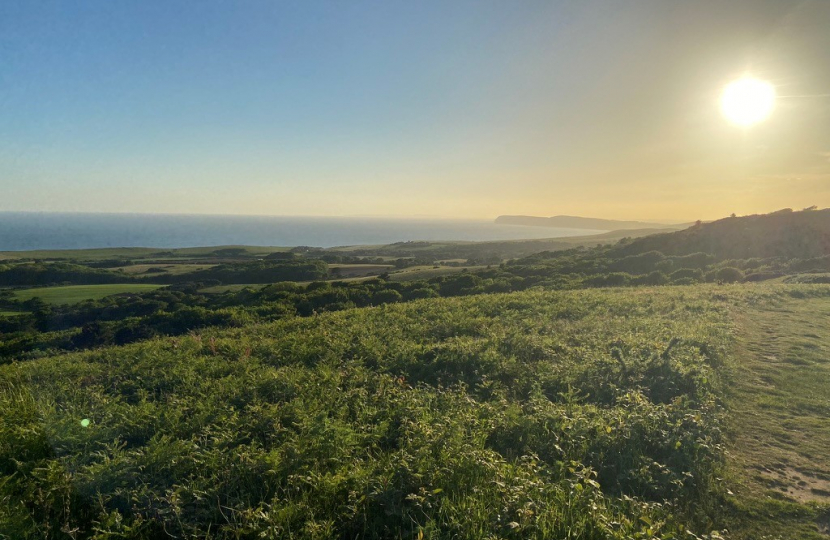
MP Bob Seely is urging members of the Isle of Wight Council to make use of the new powers he has won for the Island to argue for exceptional circumstances in planning and housing.
Mr Seely recently won a commitment from the government - set out in the National Planning Policy Framework (NPPF) - giving the Isle of Wight Council the opportunity to plead ‘exceptional circumstances’ as an island separated by sea. He said the changes in the NPPF mean the Isle of Wight will be expected to argue its case to be treated differently when it comes to planning policy because of its unique island status.
The Island’s MP said he now urges the Isle of Wight Council to use the powers he has won in the Island’s Planning Strategy, or Island Plan. This document sets housing numbers and where new homes will be built on the Island.
He said: “It is common sense that an island, especially one as unique as the Isle of Wight, should be able to set its own housing targets. I don't know why we have not had this right for decades, but we have got it now.
“The changes set out in the NPPF mean that islands separated by sea will be expected to argue for ‘exceptional circumstances’.
“If councillors choose to use these powers, and I would strongly encourage them to do so, the council can prioritise homes for Islanders and protect our natural landscape.
“We will no longer be required to build to mandatory national targets, we can agree local ones. The changes also allow us to retain local style and character and there are further protections for agricultural land used for food production, making it harder for developers to build on it.
“This is a really important win for the Island and I’m keen to see councillors now making some decisions about what they are going to do next.
“The way I see it councillors have two options - to adopt the current draft plan and instruct the Planning Department to begin work on a new methodology and a new target, making use of the exceptional circumstances clause, or start the Island Planning Strategy process again. Both options have pros and cons, but the decision is ultimately up to councillors to decide.
“Adopting the plan as it is gives protection against development sprawl now, whilst we re-run parts of the process to make use of our new freedoms. A new plan would ensure that Exceptional Circumstance is adopted from the start, as well as other new elements of the NPPF, such as protection of the Island’s character and the importance of agricultural land."




